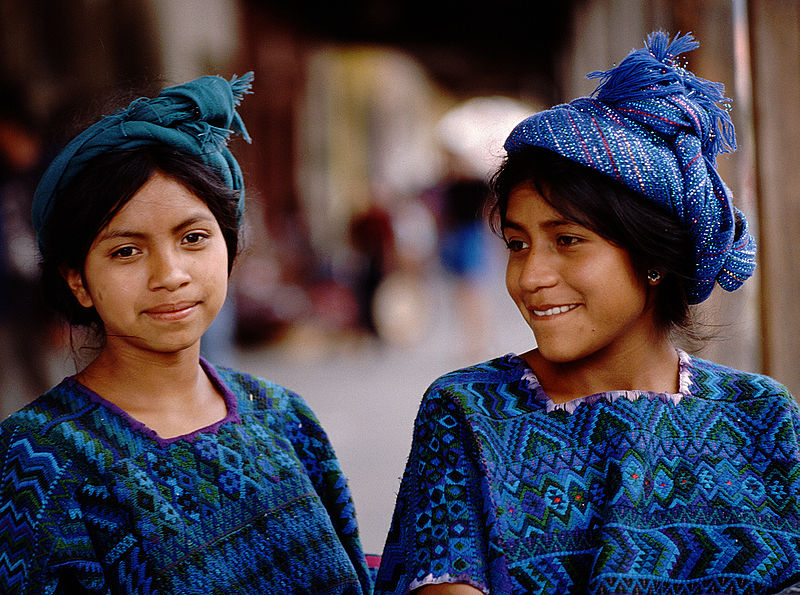
Tragedy knows no foreignness

Sometimes it is tragedy that reminds us of the most fundamental human truths.
Last week, the world community witnessed the devastation that came upon Christchurch. Nations across the world now hope for and contribute to a swift process of rebuilding and rehabilitation, and they join New Zealand in mourning the victims of this terrible disaster that shook the nation. And of those countries feeling the pain of the Christchurch earthquake, Japan in particular mourns deeply.
Among the 100-plus victims still buried under the rubble of the collapsed CTV building in downtown Christchurch are more than twenty Japanese exchange students who were studying English in New Zealand. Their status, along with that of some of their Chinese, Filipino, Thai, and other classmates, remains unknown, as does the survival of scores of New Zealand nationals as well.
But a life is a life, regardless of the country to which it is officially affiliated. When an earthquake strikes, it does not discriminate between nationals of different countries; to nature, a human is a human. And for those who watch with despair the suffering brought upon New Zealand, we feel sorrow over death, not over Japanese death or New Zealand death.
Our most visceral, most profound emotions in times of disaster testify to the truth that at the most fundamental level, we as humans do not see foreignness in our fellow beings. When an earthquake strikes or a fire breaks out or a plane falls out of the sky, we do not stop first to think about the identity of the victims. We empathize and commiserate because it is innately human to do so. We feel despair at the loss of another human life, that precious existence we all share regardless of our origins.
It is true that tragedy can sometimes bring out the worst in men and women. When our world is thrown into chaos, when our patterned way of life is perturbed, and when our resources suddenly become scarce, we sometimes give into our worst competitive tendencies. We fight and steal and loot and plunder.
But more often our nobler selves prevail in disaster. We see in survivors the triumph of courage and bravery and will and power. And we see in victims the sad fragility of our shared existence.
What we do not see is foreignness.
And so we hope and pray for the best in New Zealand among these worst of circumstances.








